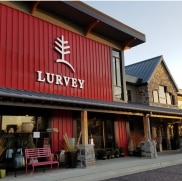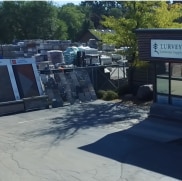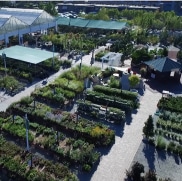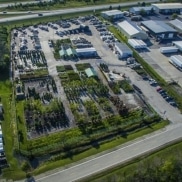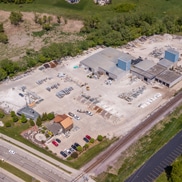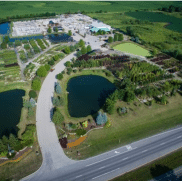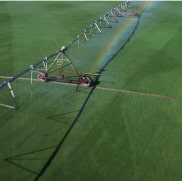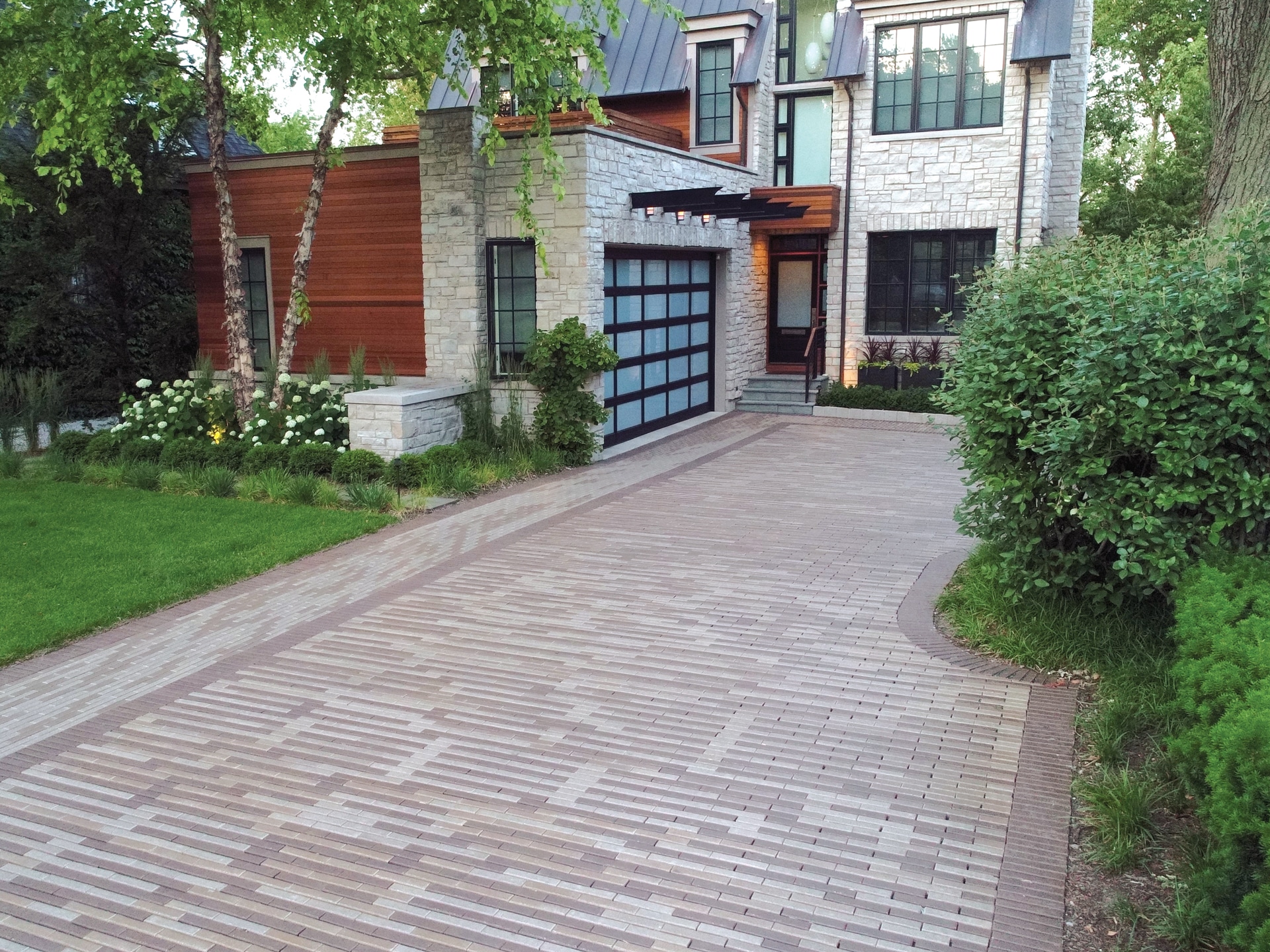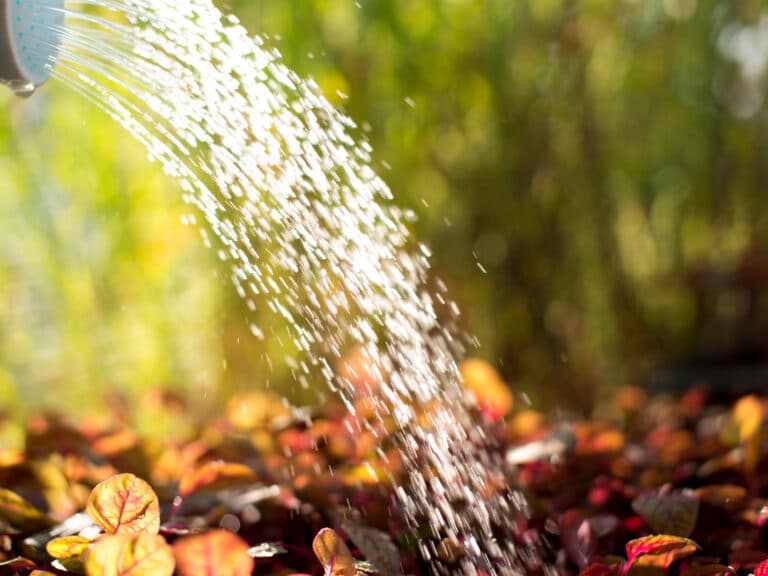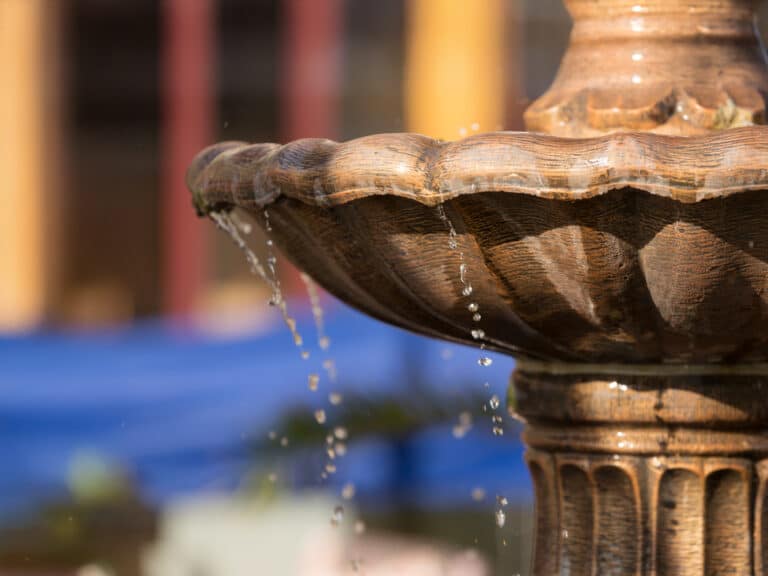Clay pavers bring unmatched character and long-term durability to outdoor spaces, and their popularity has truly stood the test of time. Whether you’re designing a classic garden path or opting for a sleek modern patio, clay pavers offer a refined, enduring surface with rich, natural color that won’t fade. However, not all clay pavers are created the same. In fact, the way different types of clay pavers are manufactured — whether through sand molding, wire cutting, or pressing — plays a major role in their appearance, performance, and price.
To help you make the right choice, this guide will walk you through the three main types of clay pavers — sand mold, wire cut, and pressed — explaining how each is made, their benefits and drawbacks, as well as the types of projects they’re best suited for.
Sand Mold Clay Pavers
How They’re Made
Sand mold pavers are formed by pressing moist clay into molds that are dusted with sand. The sand serves two purposes. First, the sand keeps the clay from sticking to the mold. Second, this also leaves behind a textured, gritty surface that gives these pavers their signature old-world charm. Once molded, the pavers are dried and fired in kilns at high temperatures to ensure their strength and durability. Belden Clay manufactures a wide variety of sand mold pavers in an assortment of colors and styles.
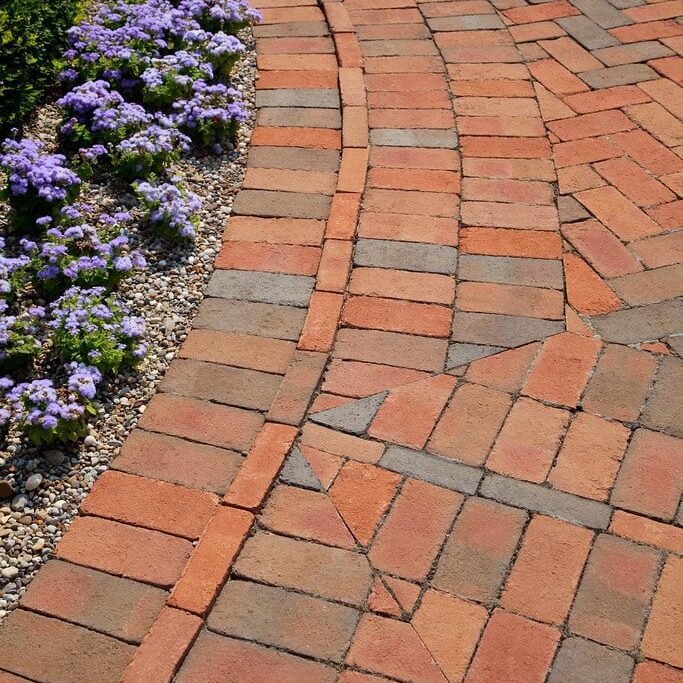
Benefits
- Timeworn Texture: The slightly irregular surface and edges both give sand mold pavers a naturally aged appearance that blends beautifully into traditional and rustic settings.
- Color Depth: During firing, natural color variations develop in the clay, resulting in rich, earthy tones and slight shifts that enhance the handmade look.
- Slip Resistance: The sand-textured surface adds traction, making it a safe choice for walkways, pool decks, and other high-traffic areas.
Drawbacks
- Size Variability: Slight differences in shape and thickness may require skilled installation and extra attention to spacing.
- Not for Modern Designs: The irregular surface may not suit contemporary design styles that require crisp lines and symmetry.
Best Uses
When creating patios, garden paths, historic renovations, or any setting where a sense of timelessness and craftsmanship is desired, sand mold pavers are a great option. Explore the options available at Lurvey here, and find the perfect sand mold paver for your outdoor space.
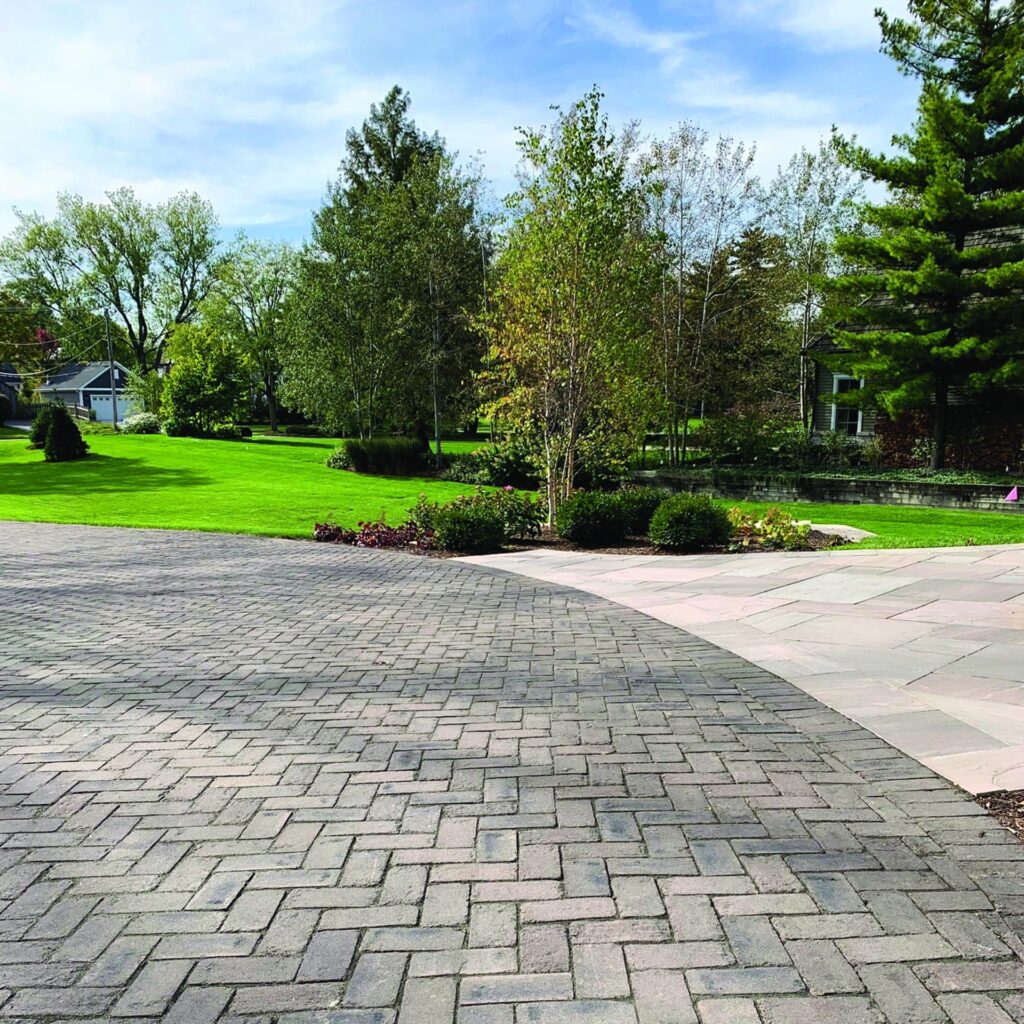
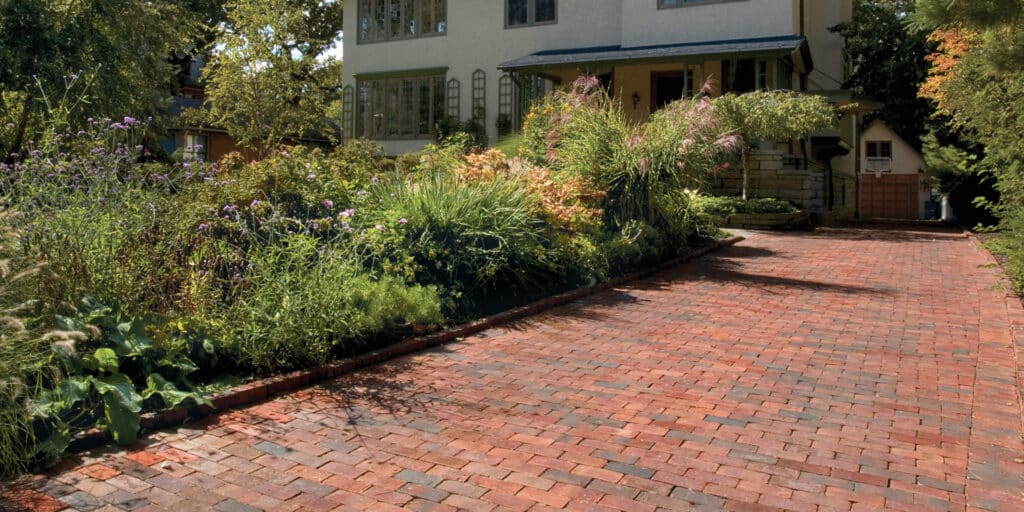
Wire-Cut Clay Pavers
How They’re Made
Also known as extruded pavers, wire-cut pavers are produced by first pushing clay through a rectangular die to form a long column. Next, a series of taut wires then slices the column into uniform bricks. These types of clay pavers are typically fired in tunnel kilns. In some cases, they may receive additional surface treatments, like scoring or texturing, to enhance grip. Clay pavers manufactured by Endicott are wire-cut clay pavers and offer both a unique surface texture as well as a diverse color line-up.
Benefits
- Precision and Uniformity: With tight control over size and shape, these pavers are easier to install with clean, even joints.
- Efficiency and Affordability: The streamlined manufacturing process allows for large-scale production. This makes wire-cut pavers an economical choice without sacrificing performance.
- Design Versatility: Available in a variety of colors, textures, and finishes to suit a broad range of styles — from transitional to contemporary.
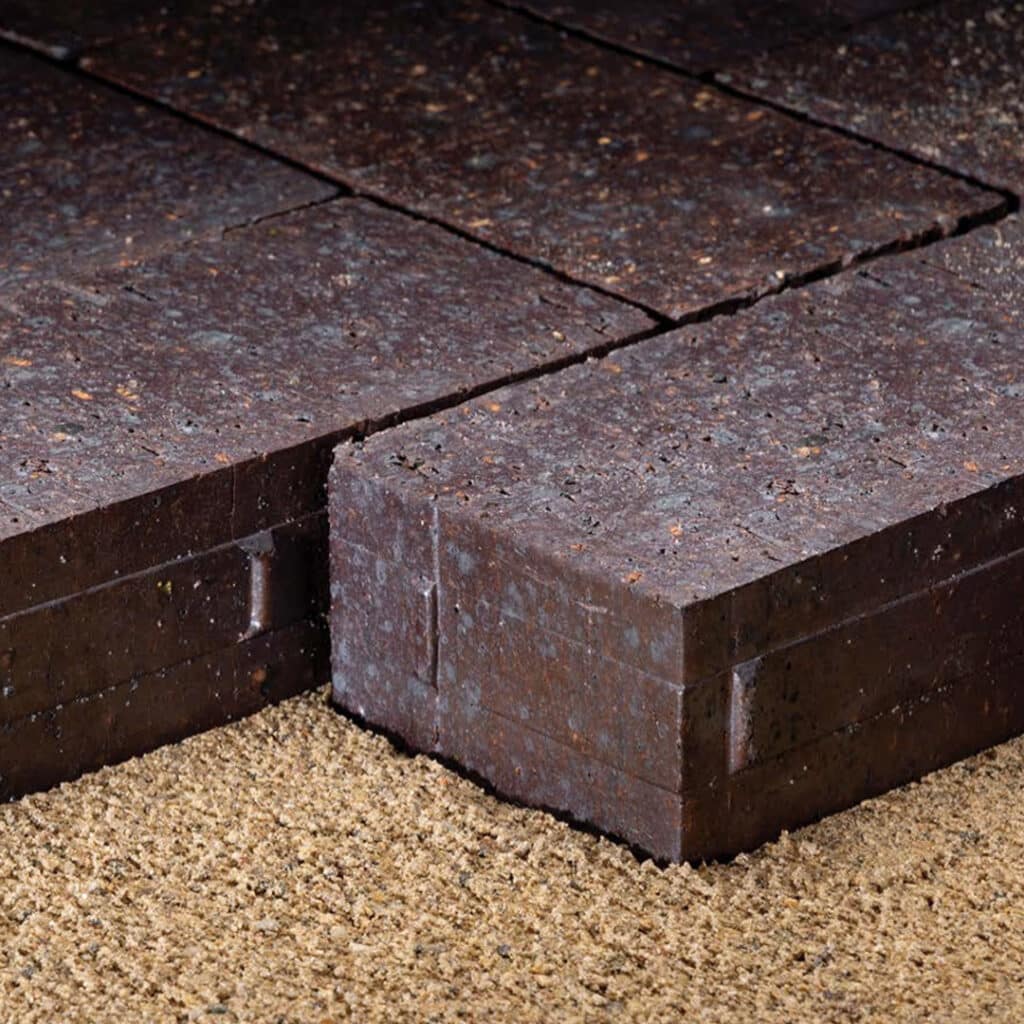
Drawbacks
- Smooth Surfaces: Some versions may be slippery when wet, unless textured or scored.
- Less Visual Variation: If you’re after a more artisanal or handcrafted look, wire-cut pavers may feel too uniform or clean.
Best Uses
Wire-cut clay pavers work well for large commercial walkways, modern residential patios, or anywhere that uniformity and budget-conscious planning are priorities. If you think wire-cut pavers are the right choice for your next project, please explore the many options here!
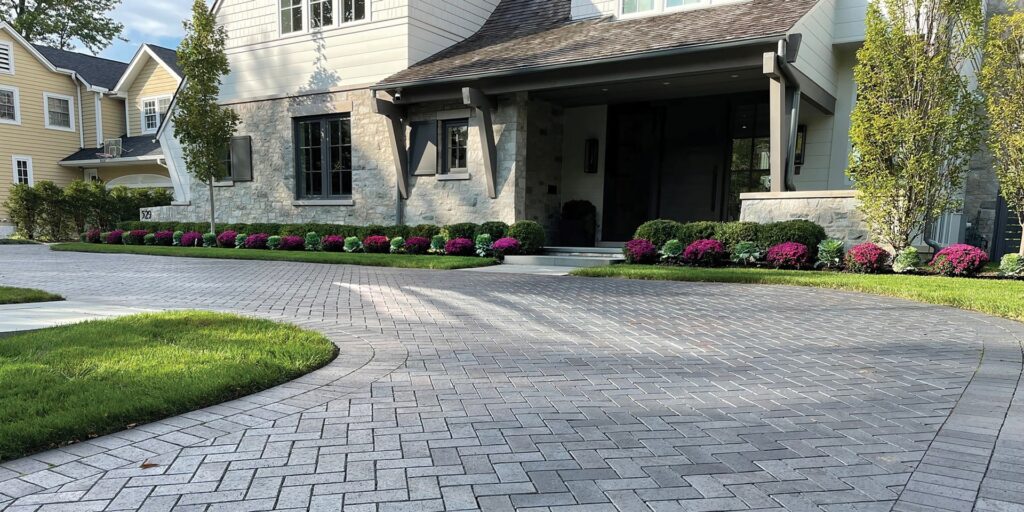
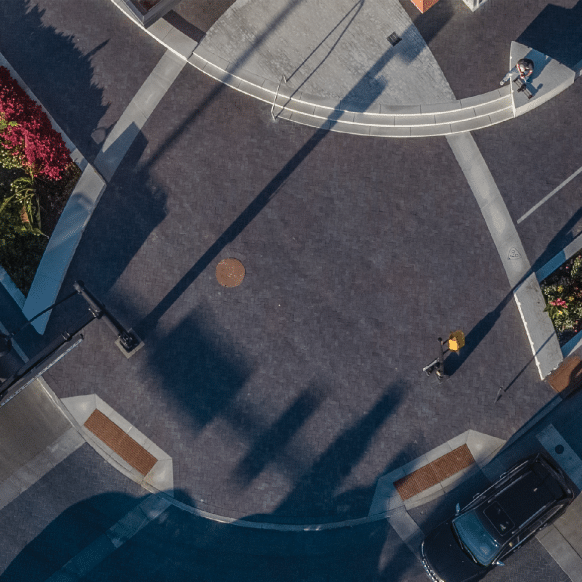
Pressed Clay Pavers
How They’re Made
Pressed pavers are created using dry clay that’s compressed in steel molds under extremely high pressure. As a result, this method yields dense, hard pavers, like those from Whitacre Greer, with sharp edges and smooth surfaces. Thanks to their consistency and compaction, they are incredibly strong and long-lasting, ideal for load-bearing applications.
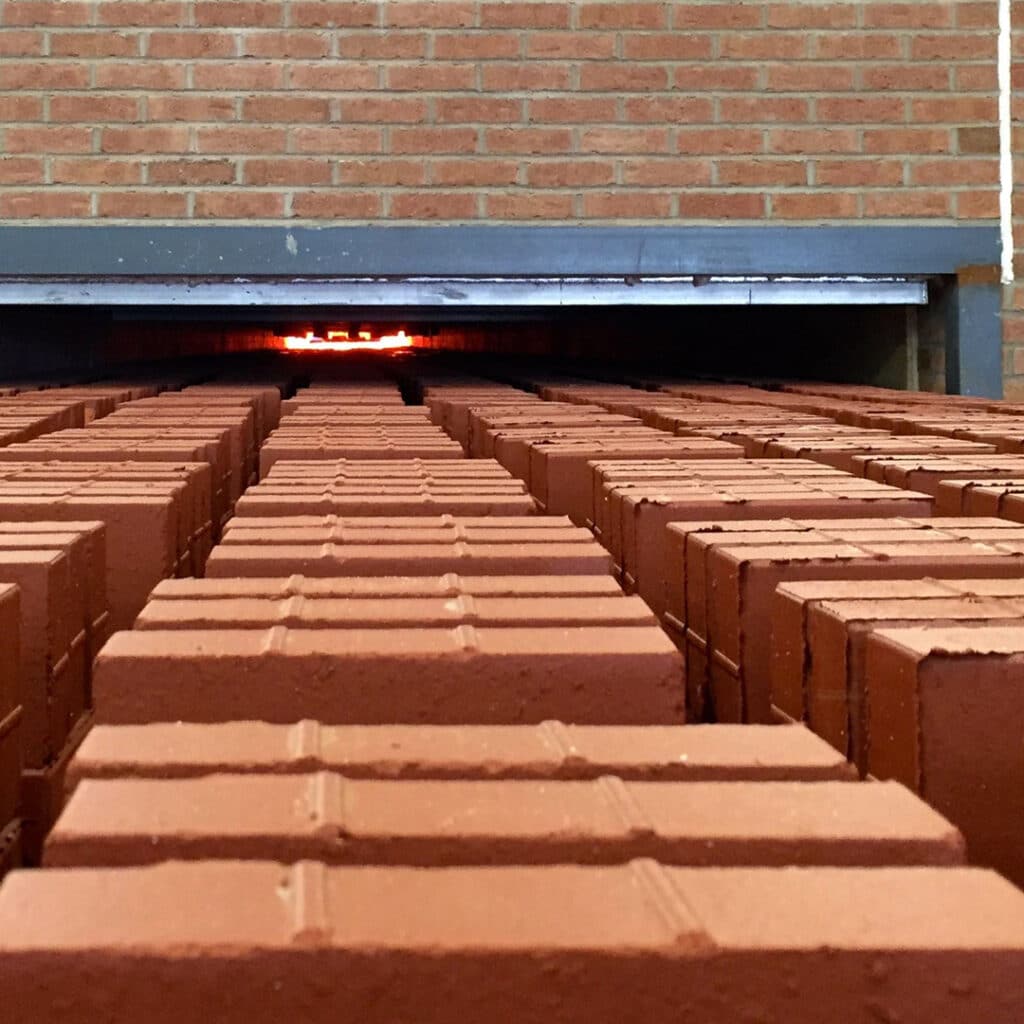
Benefits
- Maximum Strength: Because of their dense structure, these pavers offer exceptional load-bearing capacity — ideal for driveways, municipal sidewalks, or other heavy-use areas.
- Dimensional Accuracy: With perfectly straight lines and edges, they’re the go-to choice for minimalist or modern aesthetics.
- Low Water Absorption: Their high density means better resistance to frost, salt, staining, and wear.
Drawbacks
- Higher Price Point: The manufacturing process is more intensive, which can result in higher material costs.
- Requires Precision Installation: The sharp edges can highlight any irregularities in the base, so proper prep and professional installation are key.
Best Uses
Pressed pavers are best utilized for applications where structural integrity is critical, like driveways, parking areas, or urban hardscapes. They’re also perfect for clean, geometric designs with tight joints and formal layouts. Review our pressed clay paver selection and the perfect option to complete your outdoor vision.
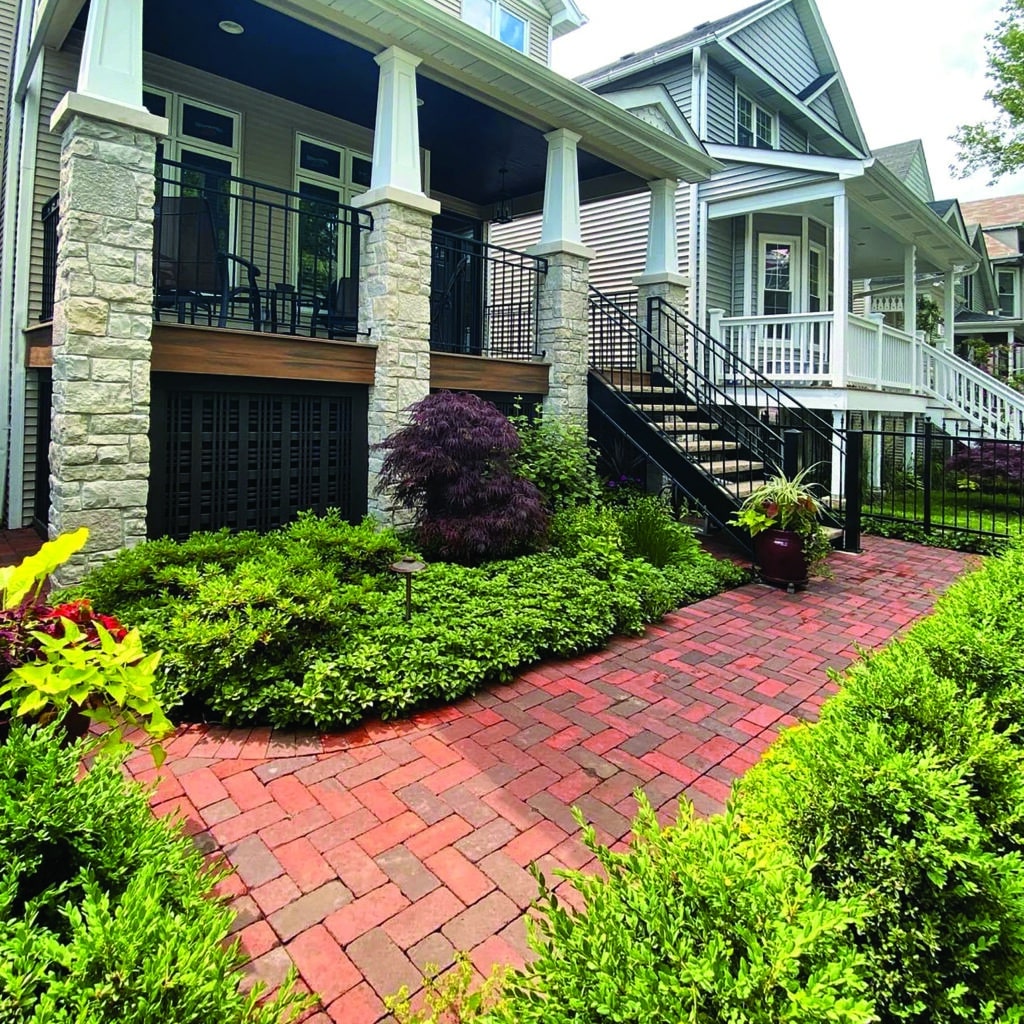
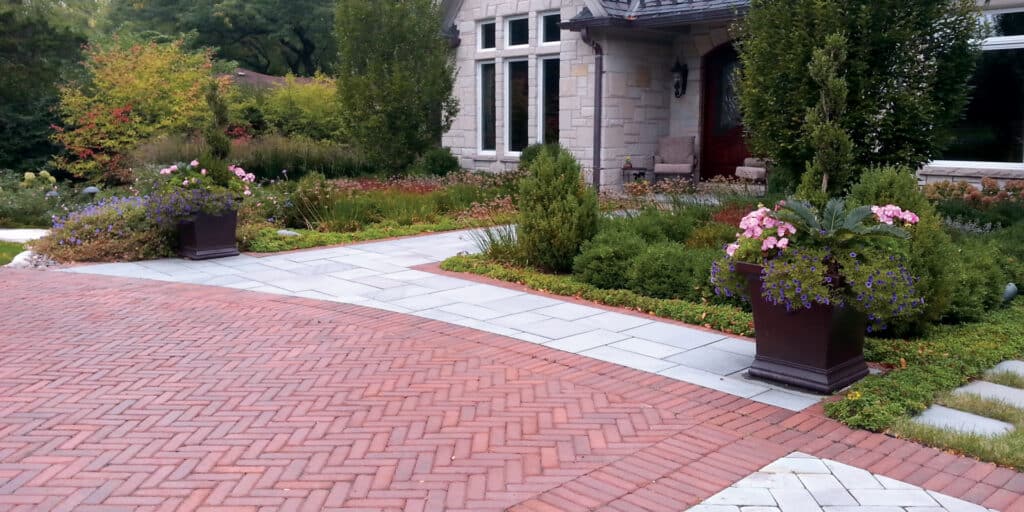
How to Choose the Right Clay Paver for Your Project
When selecting between the different types of clay pavers – sand mold, wire cut, and pressed – consider the following:
- Design Style: Sand mold suits traditional and rustic designs, wire cut fits transitional and casual spaces, and pressed pavers support modern, high-performance applications.
- Functionality: Think about foot traffic, vehicular use, water exposure, and slip resistance. Pressed is the strongest, sand mold is the most textured, and wire cut strikes a balance.
- Installation Conditions: Sand mold may require more hands-on installation due to size variation. Wire cut and pressed offer greater consistency, which can speed up the process.
- Budget: Wire cut is generally the most cost-effective, followed by sand mold, with pressed at the premium end of the spectrum.
Each type of clay paver has a distinct personality. Understanding the differences helps you match your project’s needs with the best material for the job.
Ready to Explore Your Options?
At Lurvey, we carry a wide variety of clay pavers to suit every aesthetic and application. Whether you’re aiming for a classic garden path or a high-traffic commercial space, our team can help you choose the perfect paver and ensure lasting results.
Visit or contact us today to learn more about available colors, formats, and layout options.
